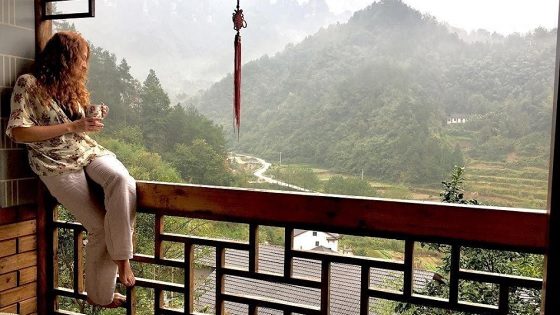Airbnb is well covered on Hotel Designs. Here, Nakul Sharma, CEO and Founder of Hostmaker shares his thoughts on the online marketplace and hospitality service.
In the hospitality industry, we are seeing more people looking for stylish yet affordable places to stay when on holiday. Airbnb has exploded in popularity in recent years, with the latest Airbnb data revealing a sharp rise in the number of bookings around Windsor for the royal wedding of 1,438%. The increase in popularity of homestays and the innovation in the sector has put increasing pressure on traditional hotels to keep up with modern demand.
Homestays increasing in popularity
In recent years, Airbnb and homestay platforms have become increasingly popular and expanded their appeal to a huge variety of people. Having previously been perceived as cheap alternatives to hotels, Airbnb was previously the reserve of the student traveller.
But following the recent launch of Airbnb Plus and existing companies like Hostmaker, we are seeing an increase in demand from consumers looking for bespoke and boutique homestays with a certain ‘wow’ factor. These custom designed and curated properties are bringing a new offering to the hospitality market.
An increase in trust around the sharing economy in general, as well as the increase in the level of quality has seen a growing number of bookings and inspired many to offer their homes as boutique homestays to guests. The growth in demand and supply has led a large rise in the number of lets.
How homestay companies like Airbnb are challenging traditional hotels
Homestays are now beginning to challenge traditional hoteliers as hosts offer more luxurious properties and experiences at affordable price points.
Guests are also looking for unique experiences that can offer them an insight into the life and culture of the country they are visiting. The huge variety in the types of accommodation offered to guests bring both unique experiences and the chance to live like a local. With everything from traditional townhouses to luxury treehouses, guests have a huge variety of places to stay. This range of opportunities is something we have seen traditional hotels struggle with in the past.
A lot of tourists choose hotels due to the perceived luxury service and also because of the knowledge that they can come and go as they please. We are now seeing hosts and homestay management companies curating apartments and offering guests total peace of mind by providing luxury experiences that you would expect to find in a hotel, such as airport pickup and key drop-off.
What does this mean for the hotel industry?
The increase in popularity of homestay platforms does not mean that hotels will cease to exist. Hotels still appeal to people in a way that homestays are not able to. For short stays of up to 2-3 nights, hotels will outperform homestays on price and suitability. But for longer trips, homestays provide both business and leisure travellers with greater flexibility, range of locations and type of property.
Having worked in both the traditional hospitality industry and the property sharing sector, Nakul believes that these two seemingly competing industries are actually more compatible than first glance might suggest. They offer different aspects to a guest’s stay which may or may not appeal depending on the audience.
How hotels can to adapt their offering to remain competitive
Nakul expects to see hotels adapting to remain competitive and cater to guests wanting a luxury homestay experience. By moving into the homestay market, hotels will be able to use their hospitality expertise to help provide luxury 5-star levels of service within a homestay experience.
Indeed, we are increasingly seeing hotels curating homestays to bring the luxury hotel experience to properties. Hotels need to continue to embrace the increasing demand for high quality homestays and use their hospitality expertise to remain ahead of current trends in the market.
At present, homestays simply don’t have the capacity to take a lot of business away from hotels and in many guests’ minds, hotels still offer a level of security and quality that homestays cannot. However, the growing demand for homestay properties is clearly in the minds of hotels, as see more of them looking to move into the homestay market as it continues to grow.





